Relations with Washington have 'hit the bottom', says Russian FM
Moscow’s relations with Washington have “hit the bottom” and no decision has been taken so far to send back the country’s envoy to the US, Russia’s top diplomat said Thursday.
Relations between the two long-time adversaries have worsened in recent weeks following the US President Joe Biden’s remarks in a television interview, calling his Russian counterpart a “killer”.
Russian Foreign Minister Sergei Lavrov termed the US leader’s remarks “appalling”, which he said has forced Moscow to review its relationship with Washington.
The top Russian diplomat also decried Washington’s refusal to respond to Russian President Vladimir Putin’s offer of holding direct public call with Biden in an attempt to diffuse simmering tensions.
“The confrontation has hit the bottom,” Lavrov said in televised remarks. “But on the other hand, there is a hope that they are all grown-up people who realize the risks linked with inciting more tensions. I hope that common sense will prevail.”
Without specifying the date for the return of Russian envoy to the US, the Russian minister said it is up to President Putin to take a call on it.
The envoy had been called back to Moscow for consultations following Biden’s recent remarks, and to ensure bilateral ties "did not degrade irreparably".
While relations between the two countries remained affected during the tenure of Biden’s predecessor Donald Trump, under the new US administration, the two sides appear to have moved further apart.
Biden recently said the days of the US “rolling over” to Putin are done, as his administration moves to adopt a more confrontational approach toward the Kremlin, something Trump had avoided.
The Biden administration has warned that Moscow would face sanctions over the massive SolarWinds hacks and alleged attempts to influence last year's US presidential vote to help keep Trump in power. Moscow has rejected the accusation.
Lavrov, however, dismissed the threats and stressed that the US pressure on Russia “has absolutely no chance for success.”
He also castigated the European Union for breakdown in Russia-EU ties, denying that Moscow has ever tried to sow discord among the bloc's member nations.
“We are interested in the EU being strong and independent,” he said, decrying what he described as the EU's keenness to follow the US approach on Russia.
“We will always be ready to restore our relationship, to raise it from the ashes,” Lavrov said. “But we won't knock on the closed door.”
Lavrov also dismissed the idea of Russia using its energy supplies to EU nations as political leverage, saying Moscow would never cut shipments even if the West increased sanctions on Russia.
“We won't engage in a situation when we ‘freeze’ EU citizens,” he stressed.
The top Russian diplomat also spoke of growing relations with Beijing, emphasizing that the two countries have no intention of forging a military alliance or coordinating a joint stance against the West.
“We don't need a military alliance in the classic sense like NATO,” Lavrov said.
Lavrov met with his Chinese counterpart Wang Yi in Guangxi Zhuang Autonomous Region in southern China last week, calling for a United Nations Security Council summit over what they see as intensified turbulent change, bullying, and meddling in domestic affairs.
“Interference in a sovereign nation’s internal affairs under the excuse of ‘advancing democracy’ is unacceptable,” the two said in a joint statement.
Commenting on the expanding Sino-Russian ties, the Carnegie Moscow Center Director Dmitri Trenin in an op-ed in China Daily said the pressure from US and other Western powers has served as an impetus for it.
“The policies of the Biden administration which are based on the notion of China as the principal challenger to the US’ global dominance, and of Russia as a major threat to the US-led world order, have made it imperative for Moscow and Beijing to work together even more closely on geopolitical, geo-economic and security issues,” he wrote.
Tehran economic conference: Raeisi hails Iran-Africa expansion of ties
VIDEO | Press TV's news headlines
Severe heat wave hits India as phase 2 of polling begins
What to expect after President Raeisi's visit to Pakistan
China describes Iran as ‘strategic partner' in West Asia
April 25: ‘Axis of Resistance’ operations against Israeli occupation
Hezbollah hits Israeli military sites near border with rockets, drones
Rwandans say UK deportation 'another brutal manifestation of neo-colonialism'


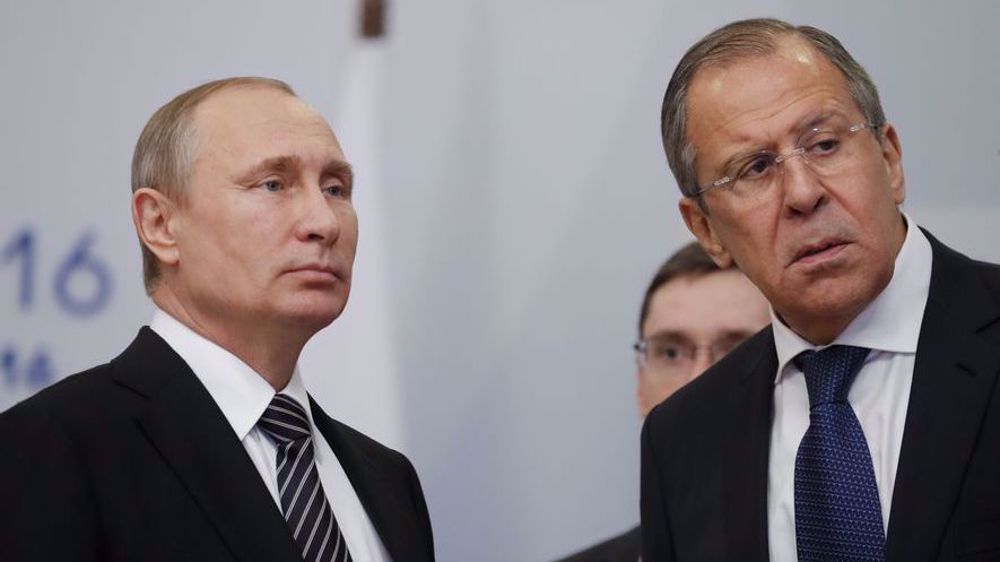
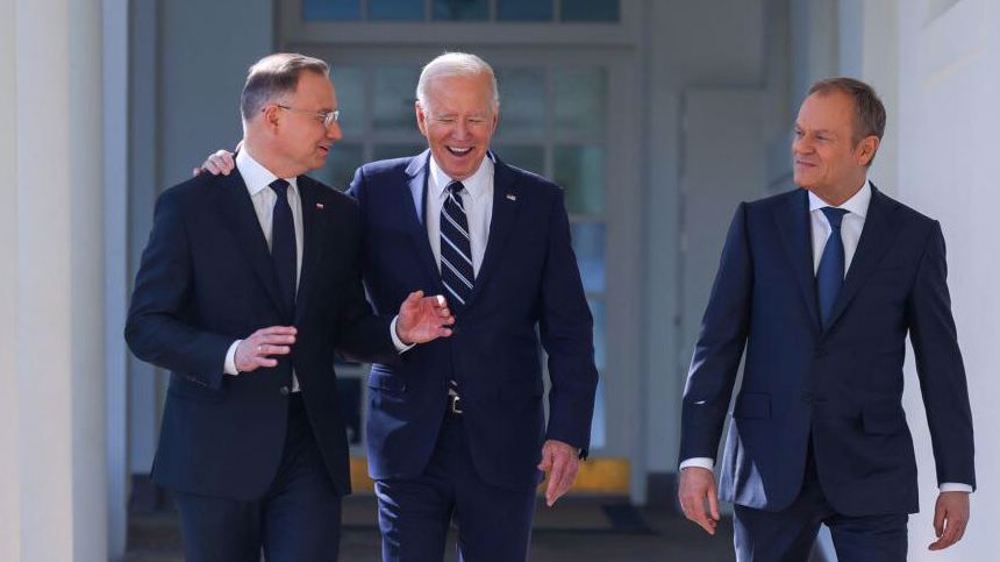
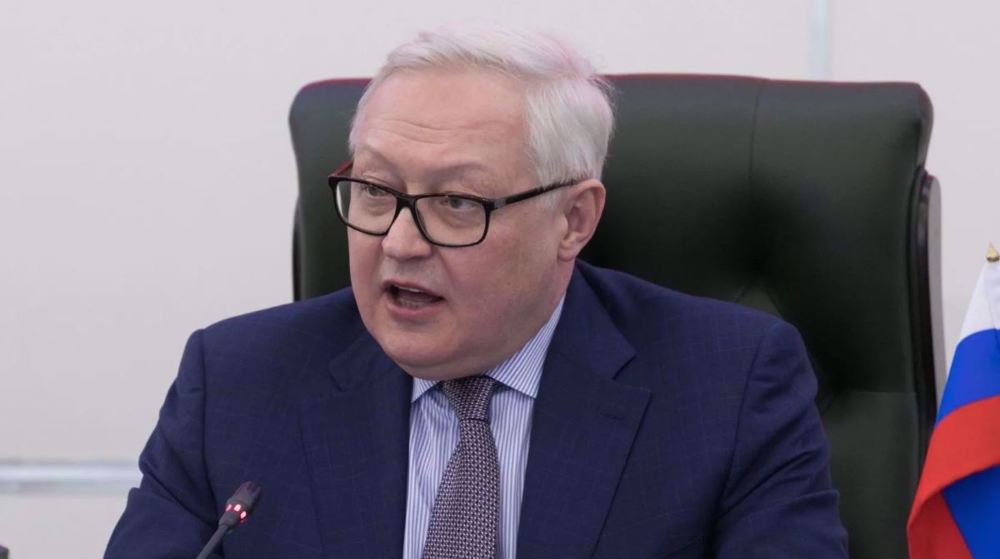
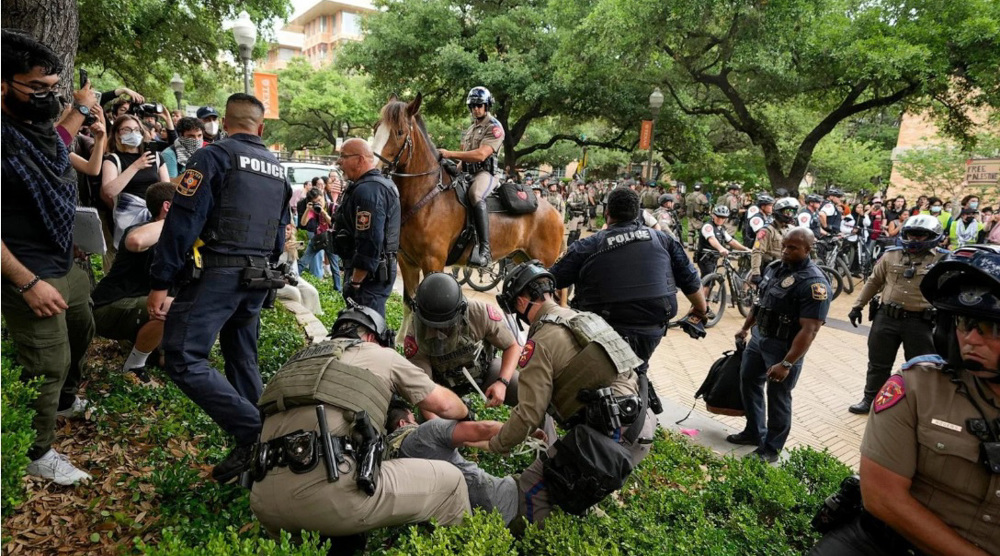





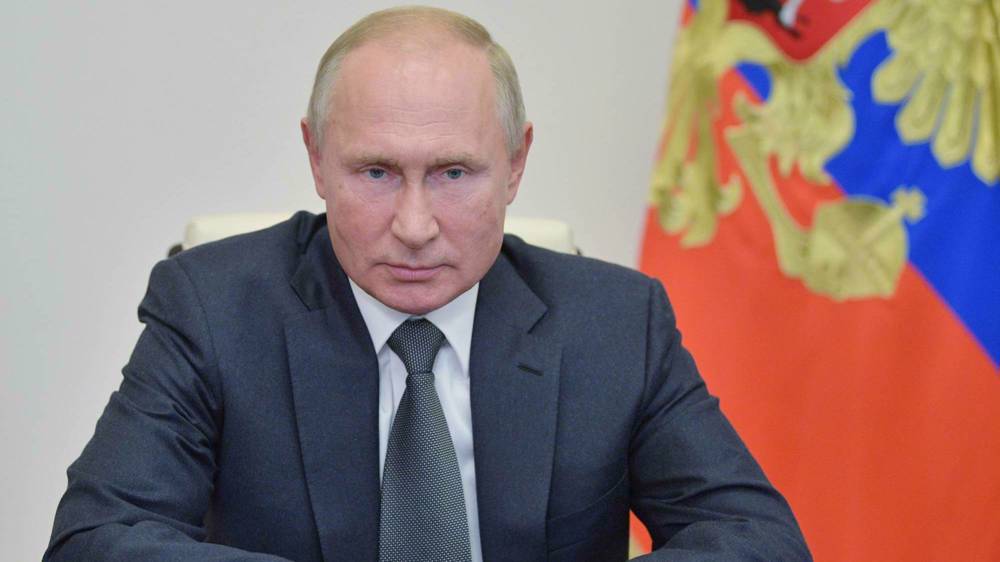
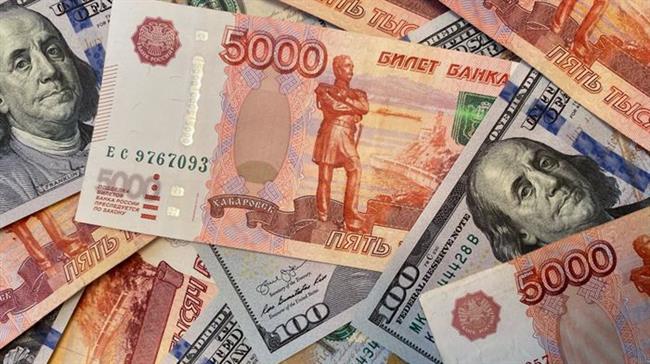
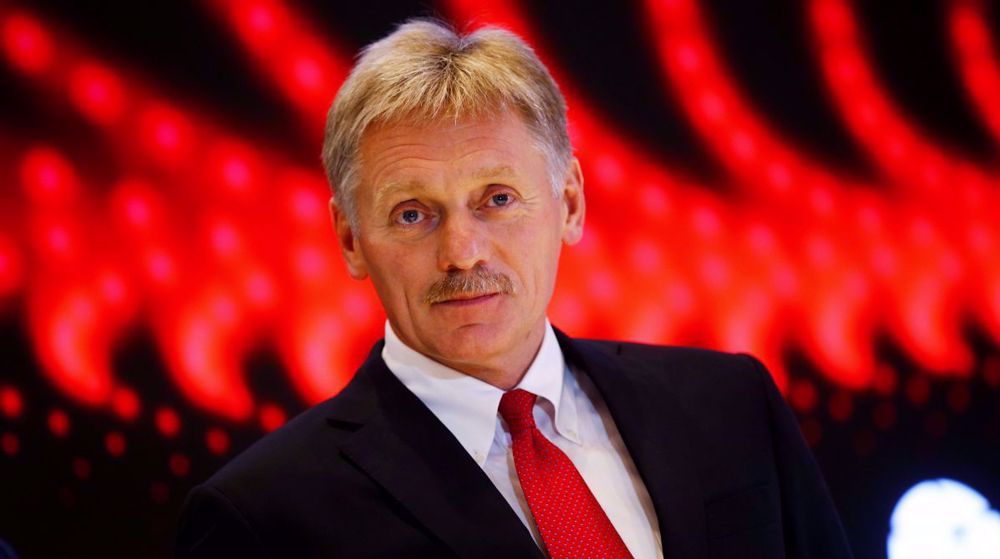

 This makes it easy to access the Press TV website
This makes it easy to access the Press TV website